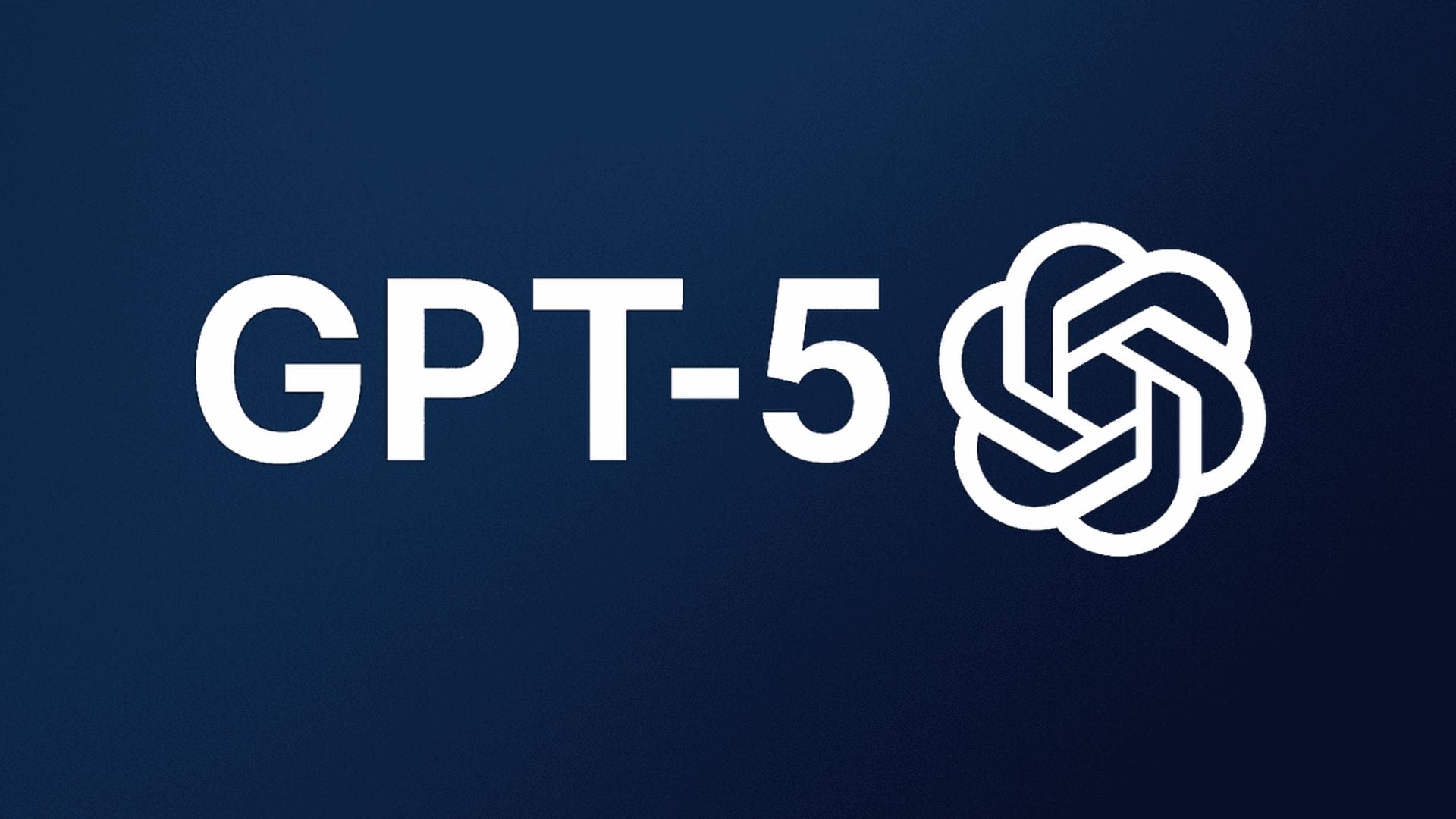GPT-5 set to launch soon as OpenAI aims to regain lead in AI race
OpenAI’s GPT-5 is expected to launch this summer, aiming to reclaim leadership in a fast-changing and highly competitive AI landscape.

The highly anticipated release of GPT-5 by OpenAI is just around the corner, with widespread speculation suggesting a launch in July. Although the company has not confirmed any details, industry observers are confident the next-generation model will arrive “this summer,” promising to be the most powerful and advanced version of ChatGPT to date.
Table Of Content
Despite the secrecy, expectations are high that GPT-5 will introduce significant improvements in speed, memory, performance, and especially coding capabilities—an area where emerging competitors have recently outpaced OpenAI.
A crowded and competitive AI market
Since the release of GPT-4 over two years ago, the artificial intelligence sector has experienced rapid expansion and innovation. Tech giants such as Google, Meta, Microsoft, Anthropic, and Elon Musk’s xAI have intensified their efforts to challenge OpenAI’s dominance. While ChatGPT once stood nearly alone in the public consciousness as the face of AI, it now shares the spotlight with a growing list of rivals.
Among these, xAI recently made headlines with the launch of Grok 4, which it describes as the most advanced coding model ever created. Anthropic’s Claude has also drawn attention for its ability to help users build apps and explore coding libraries. Google’s Gemini 2.5 Pro has entered the fray with similar claims, highlighting how competitors have prioritised enhancing their models’ software development features.
As a result, OpenAI’s offerings have begun to feel outdated in some respects, particularly in the realm of coding—a key capability for AI chatbots today. While OpenAI has delivered incremental improvements and rolled out more capable versions of GPT-4, the industry is eager for a more substantial leap forward, which GPT-5 is expected to deliver.
Coding, memory, and performance enhancements on the horizon
Although OpenAI has remained tight-lipped about GPT-5’s features, the community expects a strong emphasis on areas where rivals have made gains. Enhanced memory and processing power are widely anticipated, along with smarter, more interactive experiences for users. GPT-5 could bring OpenAI back to the forefront of AI development, especially in software engineering support, which is quickly becoming a key benchmark for chatbot effectiveness.
The recent unveiling of ChatGPT Agent, a tool designed to automate tasks across apps and systems, also suggests that OpenAI is preparing to provide a more sophisticated and competitive product. This could complement GPT-5’s expected upgrades, helping the company offer a comprehensive AI solution that rivals cannot yet match.
Staying ahead won’t be easy
Even if GPT-5 does reclaim the lead, OpenAI will not enjoy a monopoly for long. The AI space is evolving at an unprecedented pace. Meta continues to invest heavily in AI, while Google and Anthropic are conducting extensive research aimed at improving the fundamental understanding of large language models.
In this context, the launch of GPT-5 could be seen not as the final word, but as the start of another competitive chapter in AI development. With major players pushing boundaries in every direction, the advantage OpenAI gains with GPT-5 may prove to be temporary.
While OpenAI may still set the bar with GPT-5, the race to build the most capable AI is far from over, and the next leap forward may come sooner than expected.
















